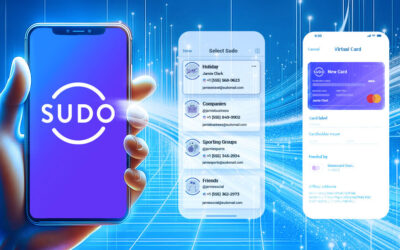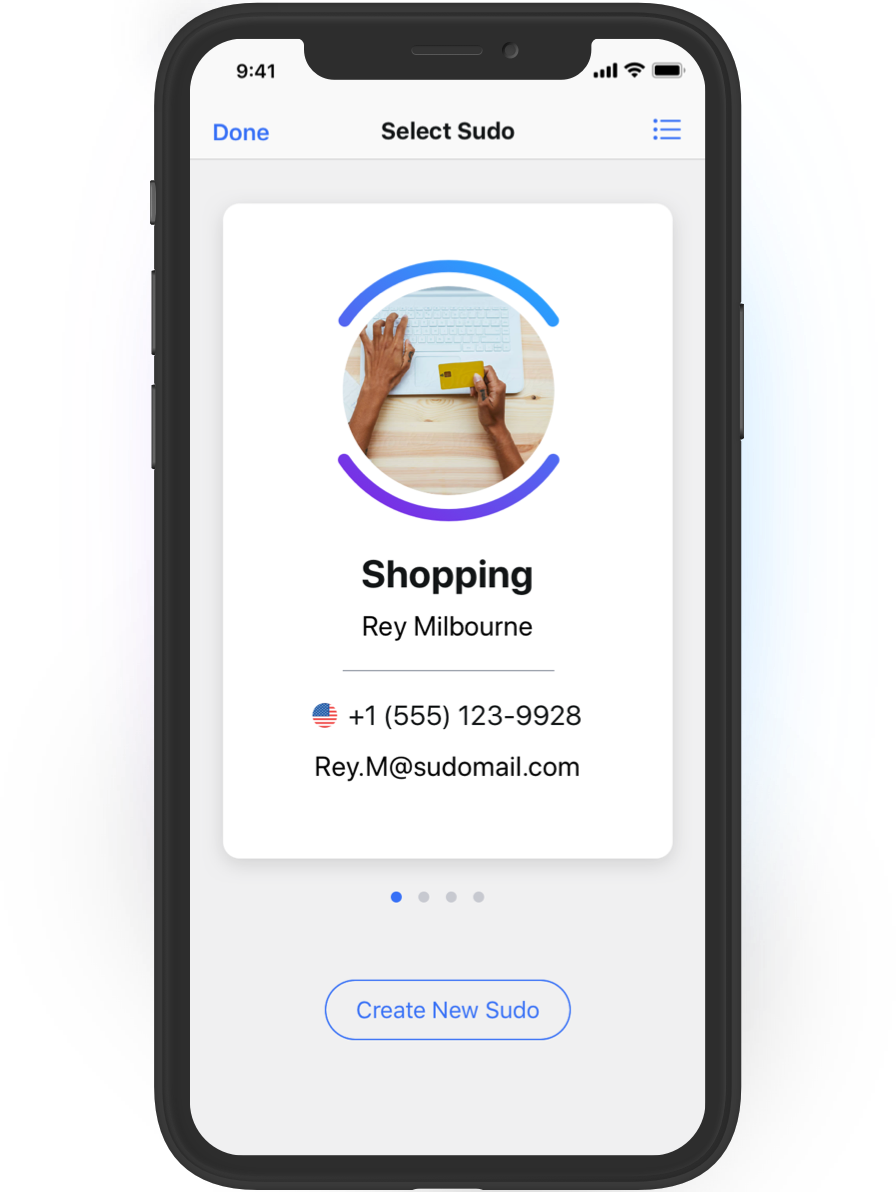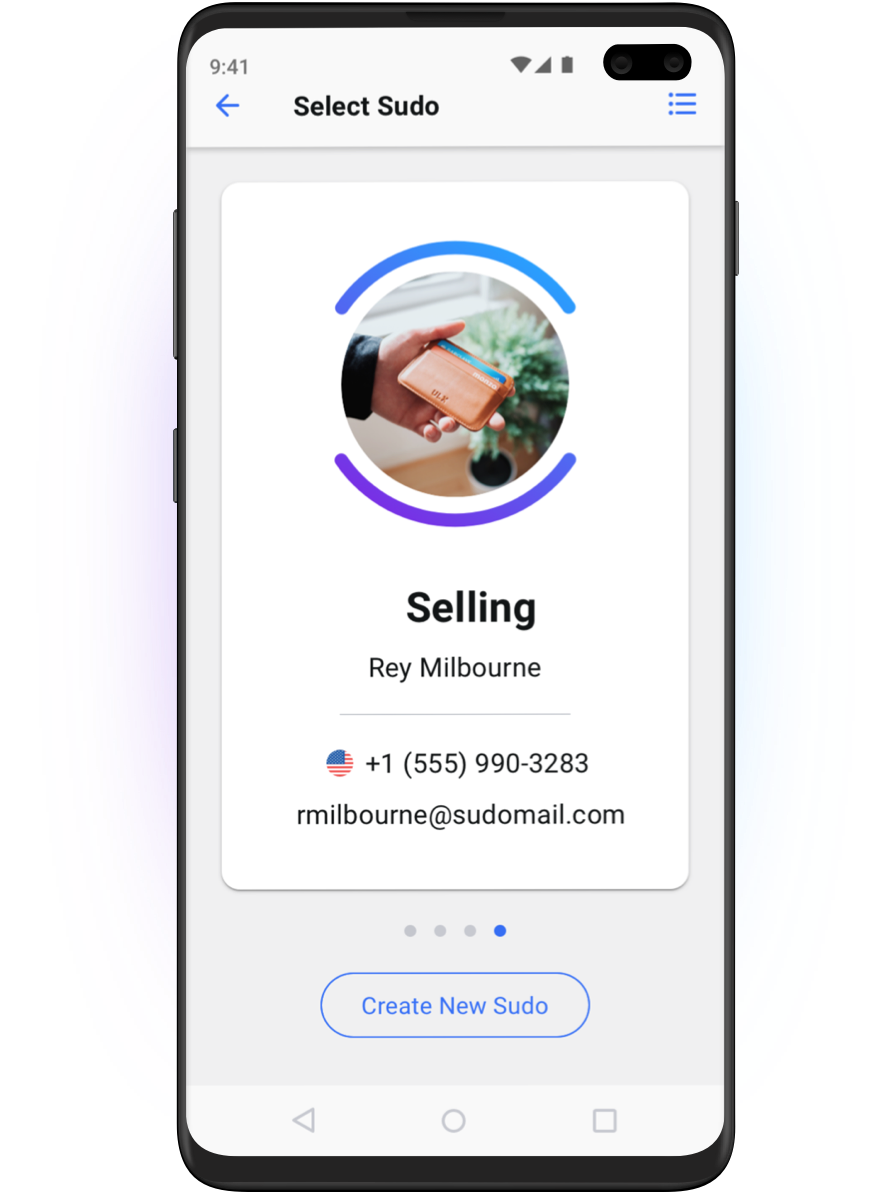Your cell number is more valuable to advertisers, data brokers and criminals than your credit card number or your Social Security Number, simply because of the number of interactions it’s tied to. That’s the message our co-CEO JD Mumford gave tech journalist and privacy advocate Naomi Brockwell when she invited him onto her NBTV podcast last month. You can watch the 18-minute episode here:
As JD explained: “Our cell number can reveal a lot of information about us – it’s a unique identifier for all of us.”
In fact, our cell phone number can become as linked to us as our Social Security Number is. We keep our cell phone number for decades and hand it out to everyone – merchants, government agencies, doctors, social media platforms and so on. From there it’s correlated into a social graph of all our personal information, which not only stays with the thousands of services we interact with directly but also falls into the hands of data brokers and criminals. You can think of this social graph as your digital exhaust.
Your cell number makes it easy for spammers and scammers
Exposure of your cell number online can lead to spam calls at best and crime at worst. Criminals can set up accounts and take out loans and mortgages in your name, simply because they have your cell number as a unique identifier and a gateway to enough of your personal information to impersonate you.
JD and Naomi agree: We need to ditch the idea that we have just one number our whole lives, that we give to everyone.
The solution is to get multiple private phone numbers
As Naomi points out in the video: “Just not handing out your real cell number to just anyone can go a long way to protecting your privacy.” She suggests you follow a “clean-up strategy” to lock down your personal cell number and create multiple VoIP numbers to use instead of your private cell.
Watch from 5:20 in the video to see Naomi explain privacy expert Michael Bazzell’s clean-up strategy from his popular book, Extreme Privacy: What it Takes to Disappear.
VoIP numbers offer many benefits, and JD and Naomi discussed 5 of them in the episode:
- Using multiple VoIP numbers breaks the data trail that ties all your online activities together and leaves you vulnerable to spammers and scammers. VoIP numbers can’t become a unique identifier to all your other personal information like a personal cell number can.
- Your movements can’t be tracked like they are with cell numbers connected to cell towers through the SIM card.
- A VoIP number acts just like your normal cell phone number. You can make and take phone calls and send and receive SMS.
- You can compartmentalize (silo) your activities by phone number and protect your personal information. This is a big one: Since you’ve used a different number to set up each different account or activity (for work, kids’ school, social interactions, travel bookings etc.), if one account is exposed in a data breach, the others stay safe.
- You can more easily manage your communications and activities. With multiple VoIP numbers, you can turn off or mute notifications for certain numbers (e.g. turn off your realtor and other providers connected with your recent house purchase, or mute social media notifications while you’re at work). You’re in control of the influx of information and, in this information-overloaded world, that’s a relief.
Naomi Brockwell says MySudo is a “cool privacy tool”
And we’ve got to agree!
MySudo is an easy tool for your “clean-up strategy” because it gives you up to nine separate VoIP numbersin geographic locations of your choice, both within the US and in some overseas locations. Plus, MySudo has the added (huge) benefit of offering end-to-end encryption on all communications between MySudo users, which addresses the common privacy concerns around VoIP numbers.
You package each VoIP number into a Sudo digital identity which makes it even easier to compartmentalize your activities. You simply assign a different Sudo to each separate area of your life (e.g. shopping, selling, socializing, work, hobbies, healthcare etc.).
As well as the VoIP number, you can package into your Sudos:
- Private and secure email accounts
- Private browsers with ad/tracker blocker by default
- Virtual cards for private and secure online payments
- Handles for end-to-end encrypted communications without a phone number
- End-to-end encrypted voice, video and group calls, messages and email between MySudo users.
Check out our monthly plans.
Ms Brockwell sums up Sudos this way: “Different proxy identities for different areas of your life all laid out so you know exactly which contact information is linked with each one.”
And if you’re still looking for more from MySudo, JD and Naomi discuss in the video:
- You can port your private cell number in or out of MySudo. “You can port your personal cell into MySudo where it stays safely managed under MySudo and you’re in complete control of it,” JD explains.
- MySudo doesn’t “KYC users.” We don’t ask for any personally identifiable data to set your account, except when you set up virtual cards when we must do a one-time verification by law. “There’s no username or login that we store and can be compromised,” JD said.
- We manage your MySudo account with private and public keys and only you have the key. The public key is stored on your device and only you can access it.
- MySudo is compatible with iOS, Android and GrapheneOS phones. Download now.
“Really, all we’re trying to do is address the dire need for more control over our personal information. This really is the hot topic of our decade,” JD concluded.
Watch the full video here.
About Naomi Brockwell
Naomi Brockwell is a tech journalist, film and TV producer, and creator of “NBTV” — a channel focused on privacy, tech, and crypto. She hosts some of the largest blockchain and economics conferences around the world, and is a regular on US National TV discussing blockchain technology and current events.
MySudo did not sponsor the episode.







